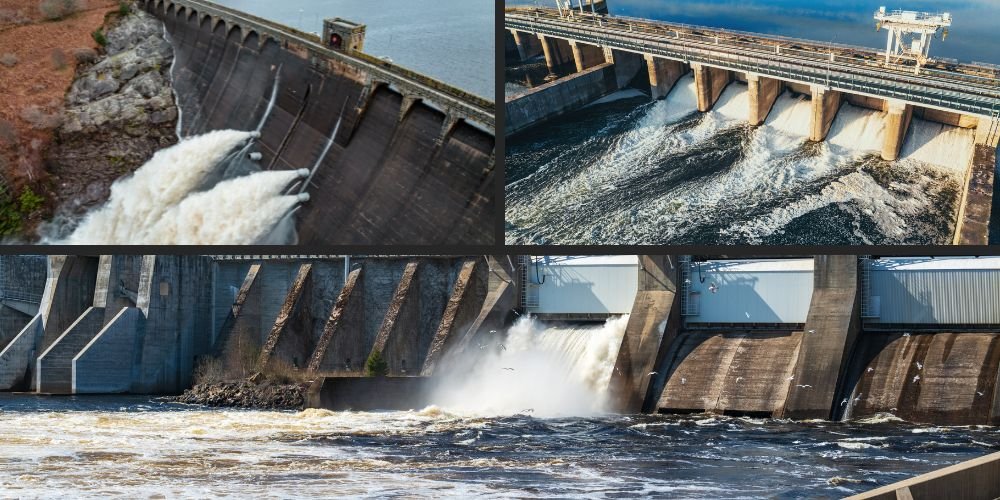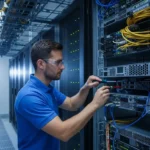Hydropower has long been a cornerstone of renewable energy, providing a reliable and significant source of electricity worldwide. As the world grapples with the urgent need to transition to cleaner energy sources, the role of hydropower becomes increasingly crucial. This opinion piece explores the benefits and challenges of hydropower, its technological advancements, its environmental implications, and its role in the global energy landscape.
Reliable and Renewable Energy Source
Hydropower stands out as a reliable and consistent source of renewable energy. Unlike solar and wind power, which are intermittent and dependent on weather conditions, hydropower can generate electricity continuously, providing a stable base load for the grid. This reliability is especially important in meeting the consistent demand for electricity and ensuring energy security. Moreover, hydropower plants can quickly adjust output to match demand, offering flexibility and stability to the power grid.
Technological Advancements
Technological advancements in hydropower are enhancing its efficiency and sustainability. Innovations such as small-scale and micro-hydropower systems are making it feasible to harness energy from smaller water sources, expanding the potential for hydropower in remote and rural areas. Additionally, improvements in turbine technology and the integration of digital monitoring systems enhance the performance and maintenance of hydropower plants. These advancements contribute to maximizing energy output while minimizing environmental and operational costs.
Environmental Impact
Despite its renewable nature, hydropower is not without environmental concerns. The construction of large dams can lead to significant ecological disruptions, including habitat loss, changes in water quality, and the displacement of local communities. The alteration of natural water flows can affect fish migration and aquatic ecosystems. However, there is growing emphasis on developing environmentally friendly hydropower solutions. Fish-friendly turbines, improved dam management practices, and river restoration projects are being implemented to mitigate the negative impacts on ecosystems.
Socio-Economic Benefits
Hydropower projects often bring substantial socio-economic benefits to the regions they serve. Beyond providing clean electricity, they can also offer communities flood control, irrigation support, and a stable water supply. Hydropower development can create jobs, stimulate local economies, and improve infrastructure. In developing countries, hydropower can drive economic growth and improve living standards by providing access to reliable and affordable energy.
Future Prospects
The future of hydropower lies in striking a balance between its renewable energy potential and environmental sustainability. As countries strive to reduce carbon emissions and meet renewable energy targets, hydropower will remain a vital component of the energy mix. Investment in modernizing existing infrastructure, adopting sustainable practices, and integrating hydropower with other renewable sources will be key to maximizing its benefits. International cooperation and knowledge sharing can also drive innovation and best practices in hydropower development.
Conclusion
Hydropower remains a pivotal player in the quest for sustainable and reliable energy. Its ability to provide consistent power and technological advancements underscores its importance in the global energy landscape. While environmental concerns must be addressed, the socio-economic benefits and potential for future growth make hydropower indispensable to the transition to renewable energy. Balancing energy needs with ecological preservation will be crucial as we harness the full potential of hydropower for a sustainable future.







